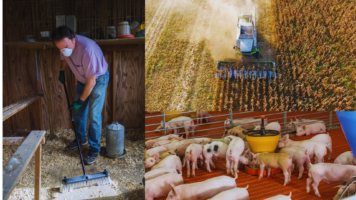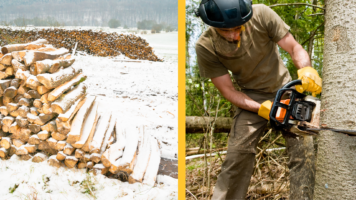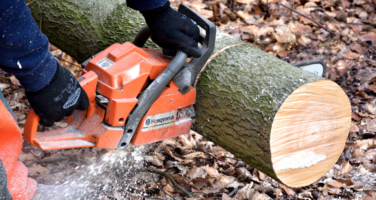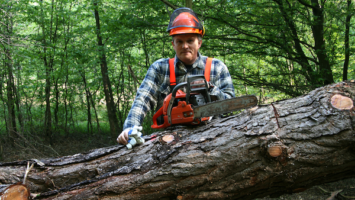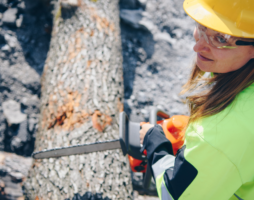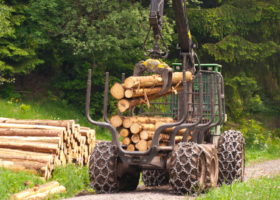
November 16, 2023 |
Author: Stacey Jenkins |
Categories:
It’s no surprise that farmers’ behavioral health is positively correlated with crop production and healthy animals. But what happens when markets swing, there’s a drought, feed prices go sky-high, and you can’t find good employees? Stress. It’s the body’s reaction to any change that requires an adjustment or response. Stress creates chemical reactions in our bodies, and cortisol is released, our blood thickens, our blood pressure increases, and more. Chronic stress can lead to your brain shrinking from the constant flow of cortisol. This clearly illustrates why we need to find ways to release cortisol to protect our brain. Science shows that ongoing stress can negatively impact: your brain size and how it functions, the way your children and grandchildren are genetically equipped to handle stressors, and your susceptibility to depression or Alzheimer’s. The solutions are not complicated but are often overlooked. Michele helps you understand tools like rest, exercise, nutrition, and the value of including stress management as a part of their business.
Spanish Title: Protege tu cerebro del estrés
[variable-button link="https://www.agrisafe.org/developed-training//?webinar_title=forestrymusc"] Request This Training [/variable-button]
